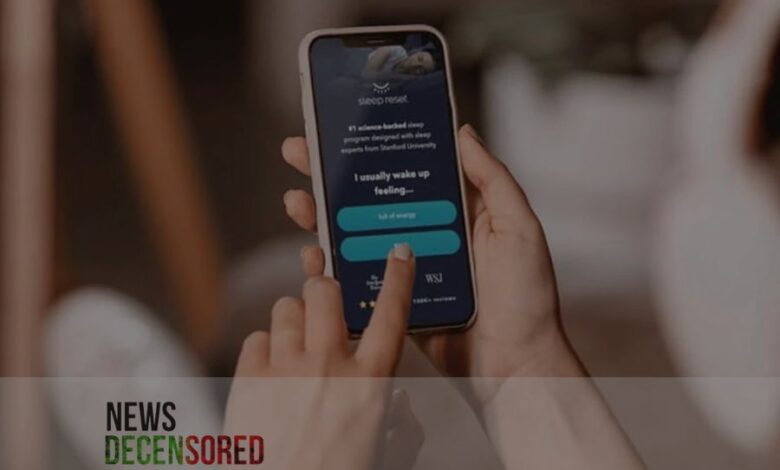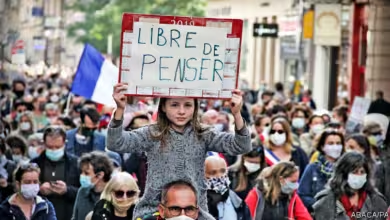“Can’t sleep? Apps that can help you”

Have you ever laid in bed at night with thoughts running through your mind and no sign of sleep at all? If so, then perhaps you can understand the plight of Lisa Holland from Derbyshire, England. “I stopped sleeping,” she says.
His condition had worsened to such an extent that he could only sleep for a few hours each night. In 2016, Lisa Holland embarked on a 90-minute motorway drive without sleep. It was a potentially dangerous journey for someone suffering from sleep deprivation.’I was just hanging out in my bedroom,’ says Lisa. I looked at myself in the mirror and I looked like a zombie, I was dizzy and I thought. What are you doing?
This is ridiculous. Almost three-quarters of people in the UK (71 percent) do not get the recommended 7-9 hours of sleep per night, according to a study last year by insurance group Directline.
According to this, one in seven people is getting less than five hours of sleep. Could the increasing use of apps and other technology designed to aid sleep be the solution? Many of us think so. Overall, the global sleep technology sector was worth $15 billion last year.
The same report predicted that it will reach $67 billion by 2030. Sleep problems can be caused by a variety of factors, including stress, shift work, and caffeine or alcohol use. If you suffer from insomnia, you may think of it as tiredness or perhaps grumpy, but the consequences of prolonged sleep deprivation can be far more serious.
According to the UK Health Security Agency, lack of sleep contributes to high blood pressure, heart disease, diabetes, and even mental health problems, and has an economic impact. A report says that sleep deprivation costs the UK up to £40 billion a year in lost productivity, but of course, it’s not just a British problem.
According to the US Centers for Disease Control and Prevention, one-third of Americans do not get adequate sleep, and this situation threatens the health of the entire nation. But that wasn’t all Lisa had in mind when she was faced with her problem. All she knew was that she needed help. His doctor initially prescribed a short course of sleeping pills, which put him to sleep for a few hours but did not give him quality rest.
Eventually, they discovered the trend of bedtime stories, which are soothing stories delivered through apps and podcasts.
They chose them from the meditation app and website Calm.’I sleep much better now,’ she says. Even if there’s a lot of work, I’m thinking about different things, like what I have to do tomorrow.’I think it’s like a comfort blanket, she says.
More and more of us struggling to fall asleep are turning to technology for help, and not just soothing bedtime stories. The growing sleep technology market includes devices, and apps to track our sleep patterns, as well as services to address medical disorders such as insomnia or addiction. Such technology is now being recommended by health agencies.
The National Institute for Health and Care England last year recommended that people with insomnia try an app called ‘Sleepio’.Sleepio has a virtual sleep assistant called ‘The Prof’. It is an artificial intelligence-powered software that aims to help users fall asleep easily.




